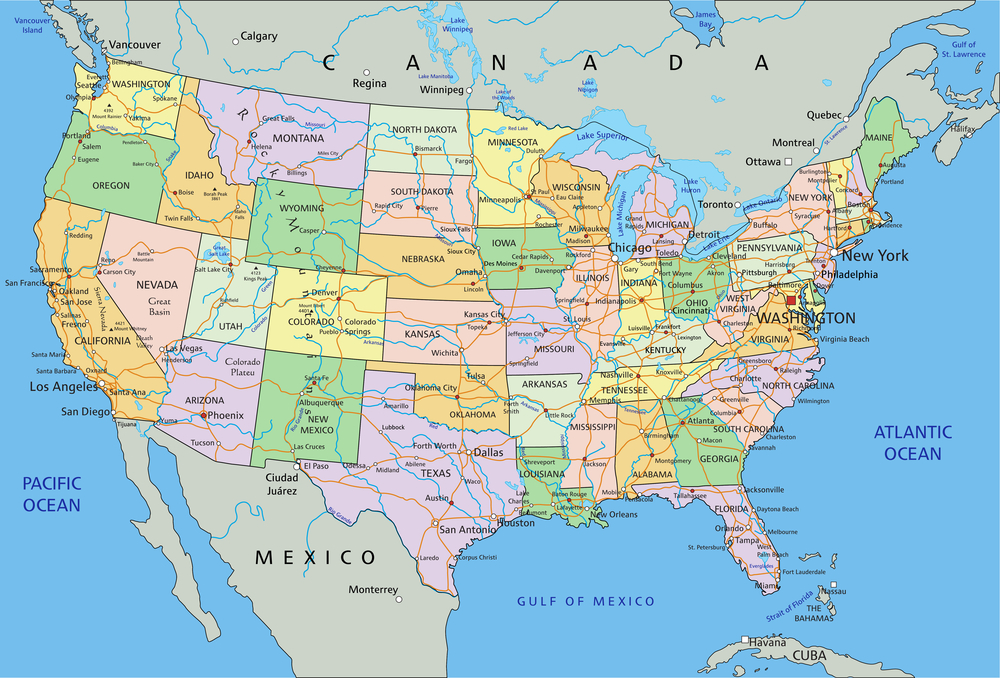
Make sure your contractor has proper insurance coverage. Contractor insurance coverage can limit your liability and financial exposure. Worker’s compensation coverage is an important element in contractor insurance coverage. Worker’s compensation can protect you, your family and assets from worker related injury claims.
Workers’ Compensation Insurance Definition
Workers’ compensation provides medical expenses, lost wages, and rehabilitation costs to employees, who become injured or become ill “in the course and scope” of their job.
What Is Worker’s Compensation Additional Details
The coverage is mandated by each state. The wage and medical coverage vary by state. Workers’ compensation is considered a social insurance. It relies on a social contract between management and labor. Business owners are protected from civil suits from their workers who become injured on the job. Yet each party benefits has limitations. Workers’ compensation insurance is purchased by the businesses owner. This insurance provides coverage to the owner and workers.
Worker’s Compensation Start In The USA
In the USA, compensating workers for occupational injuries did not come quickly.
The 1906 novel “The Jungle” by Upton Sinclair, the horrors of Chicago slaughterhouses were detailed. This novel depicts working-class poverty. Young worker’s had no social support. The harsh, unpleasant living and working conditions were atrocious. The plight of the young seemed hopeless. Public awareness and outrage, helped spawn a movement for national reforms. National reforms, have provided for better employee work conditions, today.
Worker’s Compensation & The Congress
Congress passed the Employers’ Liability Acts of 1906 and 1908.
Worker’s Compensation & The States
Between 1898 and 1909, New York, Maryland, Massachusetts, and Montana attempted and failed to pass workers’ compensation acts.
These early laws required employers to provide medical and wage replacement benefits for injured workers. If the injured employee accepted these benefits, the employer could not be sued.
Wisconsin was the first to pass comprehensive workers’ compensation law. By 1949, every state had enacted a workers’ compensation program. Workers’ compensation laws adopted in the early 20th century were voluntary.
Today, this basic structure for workers’ compensation is essentially the same. Most states require employers to carry workers’ compensation insurance for full- or part-time employees.
What Does Worker’s Compensation Do?
Workers’ compensation insurance gives your employees benefits if they have a work-related injury or illness.
Why Workers’ Compensation Matters
Workers’ compensation insurance is a necessary safeguard for the present-day workforce. This insurance and its legal requirements are designed to protect employees from risking their health, safety, and assets for their jobs.
Worker’s Compensation & You, The Homeowner

Can the contractor (or a sub-contractor) sue the homeowner for injuries that happen on the job? Yes, under a legal theory known as premises liability.
What is premises liability?
Premises liability is a legal concept that typically comes into play in personal injury cases. The injury was caused by some type of unsafe or defective condition on someone’s property. The issue often comes down to the specific circumstances of the project, and how the injury happened. Check with your legal professional.
A general rule is, if a contractor has employees, he must carry worker’s compensation.
How do I Get Workers’ Compensation Insurance?
For more information about workers’ compensation insurance, contact Scott Reppard at 301.980.5557 or dsreppard@gmail.com.
Questions:

Can a worker sue a homeowner for injury?
Yes, the homeowner can be sued and held liable for worker injuries. This can amount to thousands of dollars in legal and or medical costs.
Does homeowners insurance cover workers on your property?
In certain cases, a homeowner’s insurance policy could protect against personal injury liability. Check with your insurance agent for details.
What can you do if someone is injured on your property?
Contact your insurance agent right away. Document your observation with photos and a written record. Interview all witnesses and record their statements. Include names, times and any other relevant information. All information is relevant.
Who is responsible for worker injuries?
If your contractor has no worker’s compensation, you could be liable for part or all worker injuries.
What if my contractor doesn’t have workers compensation?
You, the homeowner may be liable to pay for injuries and rehabilitation for the injured worker. Your personal or business insurance may or may not cover those costs. This can mean thousands of dollars in expenses. Make sure your contractor is properly insured. A properly insured contractor, provides you the peace of mind you and your family deserve.
The Importance of Contractor Insurance
When hiring a contractor, ensure they have proper workers’ compensation insurance. This coverage protects you from liability for work-related injuries on your property. Without it, you might be responsible for significant medical and legal costs if an injury occurs. Check that your contractor has the necessary insurance to avoid potential financial risks. For peace of mind, verify their coverage and consult your insurance agent if needed. Proper insurance ensures a safer project and protects your assets.
Summary

Worker’s compensation coverage is an important element in contractor insurance coverage. Worker’s compensation can protect you, your family and assets from worker related injury claims. Make sure your contractor has Worker’s Compensation coverage. Avoid unnecessary liabilities with a properly insured contractor.











































